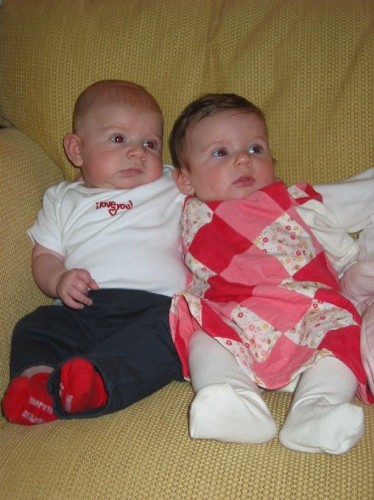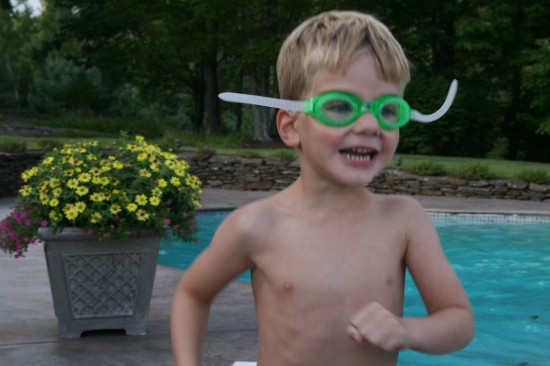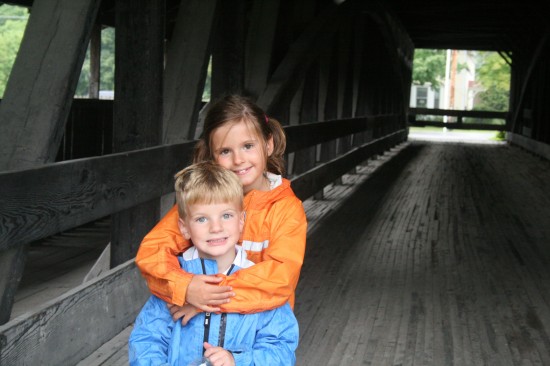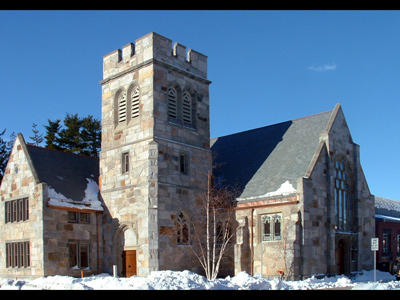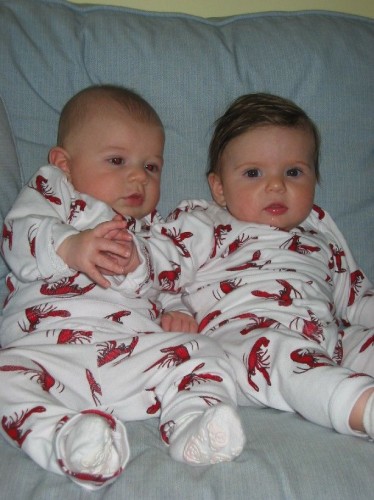 I am back from an evening of old and new friends, listening to the rain, wistful and thoughtful. I met my dear friend Trintje for a glass of wine. I don’t see her nearly enough but when I do we slip right back into the comfortable rapport of old friends. We know each others’ backstories, and can pick up where the story left off with ease. Once again I found myself swearing that we’d see each other more, find a way to reconnect our children, who were each others’ first friends. I hope we do. We went together to hear Katrina Kenison read, which was, as always, a pleasure that it’s hard to put into words. It was especially wonderful to see Trintje, arguably my first mother friend, hearing Katrina’s words about motherhood for the first time. I felt past and present – and future – overlapping like soft waves on a beach.
I am back from an evening of old and new friends, listening to the rain, wistful and thoughtful. I met my dear friend Trintje for a glass of wine. I don’t see her nearly enough but when I do we slip right back into the comfortable rapport of old friends. We know each others’ backstories, and can pick up where the story left off with ease. Once again I found myself swearing that we’d see each other more, find a way to reconnect our children, who were each others’ first friends. I hope we do. We went together to hear Katrina Kenison read, which was, as always, a pleasure that it’s hard to put into words. It was especially wonderful to see Trintje, arguably my first mother friend, hearing Katrina’s words about motherhood for the first time. I felt past and present – and future – overlapping like soft waves on a beach.
The tide goes in, the tide goes out.
One minute we are leaving sleeping infants in pack and plays to skinnydip, and the next minute we are cheering those same children as they swim to the dock all by themselves. Those children, rounding the corner to 8 years old, each others’ first friends. Though they don’t know each other anymore, their bonds endure, even if only in my mind: it makes me irrationally happy that they are, unbeknownst to each other, being Harry Potter and Hermione Granger for Halloween this year.
There are few people who embody the passage of time for me the way Trintje does; we were friends in the early days, when we were so tired we felt we had sand in our eyes, when we were so disoriented and shell-shocked we thought we would never stand upright again. And now that we are, we find ourselves nostalgic for the wild magic of those days.
Then I came home and went to tuck Whit in, curling up behind him on his bottom bunk, running my hand along the string of pearls of his spine. I feel such intense sadness about time passing, such a frantic need to grab hold of right now, and sometimes I can’t imagine how others don’t feel that. How do you walk through a day without every single minute being shadowed by its own passing? Whenever I kiss my children goodnight my breath catches in my throat: they will never be this exact age again. I can never have this moment back. Ever. Sometimes I find this poignancy of this absolutely unbearable.
As I lay next to Whit I looked around the yellow-walled room. It’s such a cliche, but so powerfully true: I can close my eyes and be back in this same room, rocking infant Grace to sleep in the rocker, wondering when she will ever stop crying. This third floor room under the roof with the slanting ceilings holds so many memories. Its carpet has absorbed buckets of my tears as I cried wondering if I could do this. Its walls have absorbed my wails as well as those of both of my children, and the same lullabyes over and over for almost eight straight years. This is the room in which I became a mother.
And Trintje, you were by my side as I made that perilous passage. You were there cheering me on when I feared I might not make it across. Remember these two? They were there with us. We were four in a boat. And it was turbulent, and I was seasick. But you know what? I’d go back every single time. Every time. Thanks for seeing me across.
